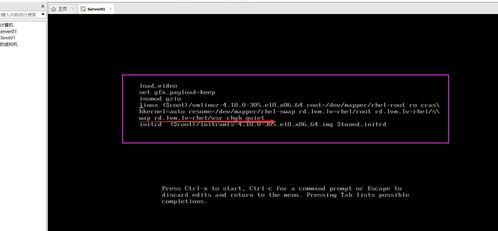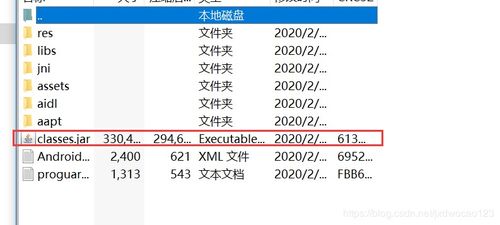Understanding the Concept of Task Pay

Have you ever wondered what task pay is and how it works? Task pay is a compensation model that focuses on individual tasks rather than traditional hourly or salaried wages. It’s a system that has gained popularity in various industries, offering unique benefits and challenges. Let’s dive into the details of task pay and explore its various dimensions.
How Task Pay Works

Task pay involves assigning a specific amount of money for each task completed. Unlike hourly wages, where you get paid for the time spent on the job, task pay focuses on the output. This system is often used in industries like manufacturing, construction, and freelancing, where the completion of tasks is more important than the time spent on them.
Here’s a simple example to illustrate how task pay works. Imagine you are a freelance graphic designer. Instead of charging an hourly rate, you might agree to complete a specific design project for a fixed amount. This fixed amount is your task pay.
Benefits of Task Pay

Task pay offers several benefits for both employers and employees. Let’s explore some of the key advantages:
| Benefits | Description |
|---|---|
| Increased Productivity | Employees are motivated to complete tasks quickly and efficiently to earn more money. |
| Flexibility | Employees can choose tasks that align with their skills and interests, leading to higher job satisfaction. |
| Clear Expectations | Both employers and employees have a clear understanding of the deliverables and the associated pay. |
| Reduced Overhead Costs | Employers can save on labor costs, especially in industries with fluctuating workloads. |
Challenges of Task Pay
While task pay has its benefits, it also comes with challenges. Here are some of the potential drawbacks:
-
Income Insecurity: Employees may face uncertainty in their income, especially if they don’t have enough tasks to complete.
-
Pressure to Meet Deadlines: The focus on completing tasks quickly can lead to increased stress and burnout.
-
Unfair Distribution of Tasks: Some employees may end up with more challenging or time-consuming tasks, while others have it easier.
Implementing Task Pay
Implementing task pay requires careful planning and consideration of various factors. Here are some tips for a successful implementation:
-
Define Clear Task Descriptions: Ensure that each task is well-defined and measurable.
-
Set Reasonable Task Prices: Consider the complexity and time required to complete each task when determining the pay.
-
Monitor Performance: Regularly review the performance of employees to ensure they are meeting their task goals.
-
Offer Training and Support: Provide employees with the necessary training and support to help them succeed in their tasks.
Conclusion
Task pay is a unique compensation model that offers several benefits and challenges. By understanding the system and implementing it effectively, both employers and employees can reap the rewards of this innovative approach. Whether you’re an employer looking to reduce labor costs or an employee seeking more flexibility in your work, task pay is worth exploring.



